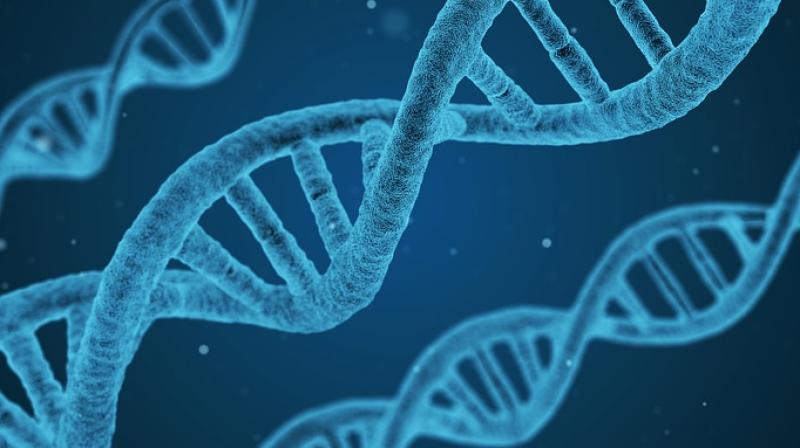New DNA markers to identify Indian population

Hyderabad: In a significant breakthrough in criminal forensics, scientists of the Centre for DNA Finger-printing and Diagnostics (CDFD) have developed a set of 70 genetic markers that can easily help in obtaining the DNA profile of Indian Population.
The new genetic markers would help forensic experts involved in crime investigations and identification of disaster victims to successfully obtain DNA profiles from challenging forensic samples like those of exhumed bodies, aircrash bodies and highly degraded bodies in disasters.
CDFD DNA fingerprinting Lab scientist-in-charge Dr N. Madhusudhan Reddy and his associate Anujit Sarkar have published their findings in Elsevier, an international forensic science journal with the title ‘Development of a SNP-based panel for human identification for Indian populations’.
Said Dr Reddy: “In case of tough samples such as exhumed bones and burnt bodies where the DNA is often heavily degraded, the current method using Short Tandem Repeat (STR-based markers) fails. SNPs (Single Nucleotide Polymorphisms) constituted the common form of human genetic variation. It’s a single base change in the DNA sequence leading to the occurrence of an alternative nucleotide at a given position.”
Earlier studies did not involve Indians
Several studies have been conducted in the populations worldwide leading to the proposal of SNP-based panels for Human Identification. However none of them involved Indian Population and their applicability was largely unknown.
“Now, we have designed this SNP-based panel for Indian population, which is a billion-fold increase over the previous panel developed by European union funded consortium,” said CDFD DNA fingerprinting Lab scientist-in-charge Dr Madhusudhan Reddy.
The forensic parameters obtained for the panel developed Dr Reddy at CDFD were much higher than the currently employed STR-based one and most of the SNP based panels proposed by other researchers worldwide.
“The advantage is, this can be applied to other populations with similar match probabilities. It would be very useful if these genetic markers are typed using the next generation sequencing technologies for high throughput scenarios,” he said.
Around 462 samples from Indian populations were genotyped from different regions all over the country.

